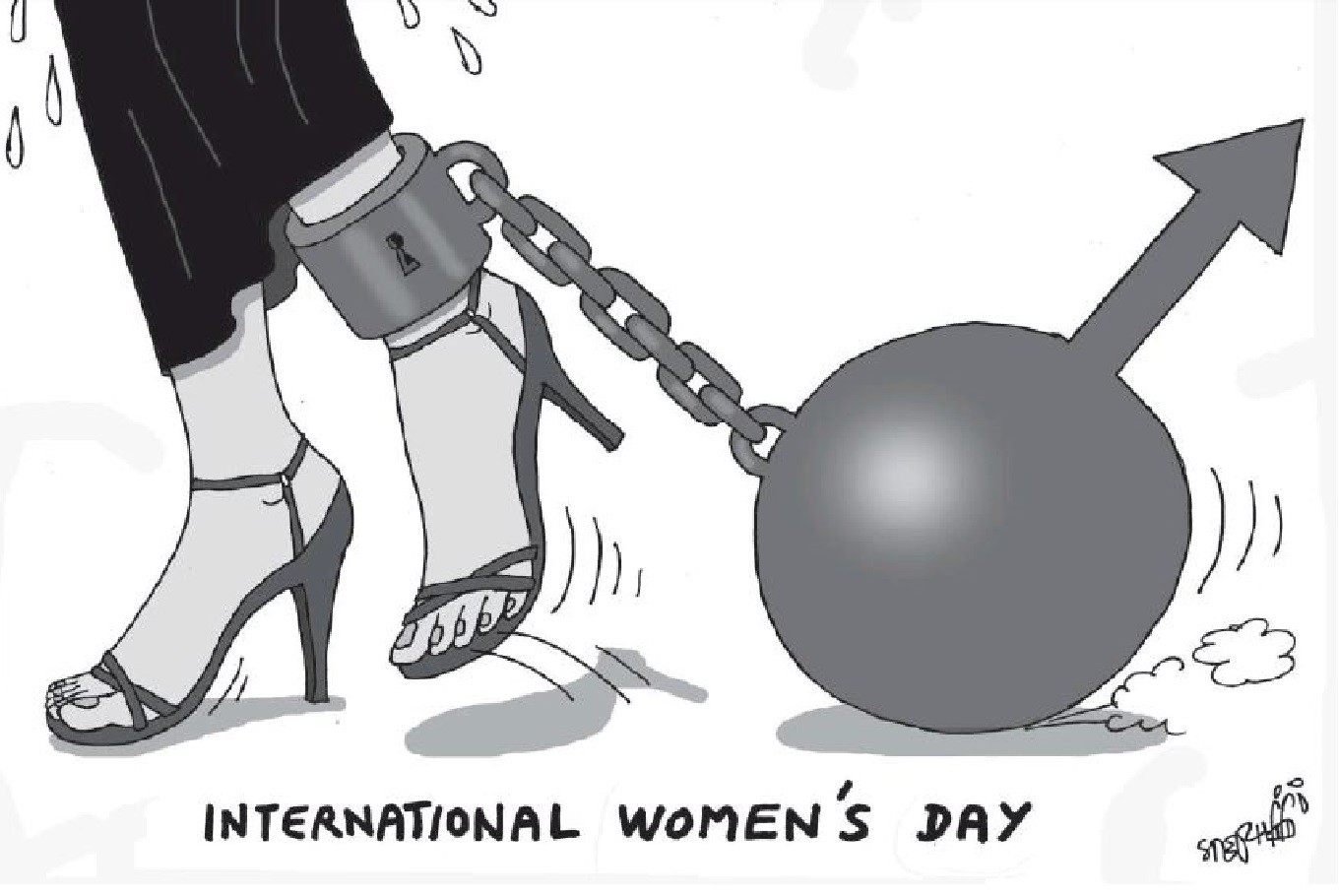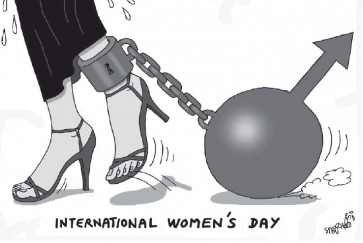Popular Reads
Top Results
Can't find what you're looking for?
View all search resultsPopular Reads
Top Results
Can't find what you're looking for?
View all search resultsEDITORIAL: Ending inequality
Various studies show some things do not change — discrimination both in the public and private sector, in urban and rural areas and in the home.
Change text size
Gift Premium Articles
to Anyone
A
s the world celebrates International Women’s Day on March 8, three female foreign ministers from Indonesia, South Africa and Australia have been leading the Indian Ocean Rim Association (IORA) summit comprising 21 countries meeting in Jakarta.
Indonesia’s Retno LP Marsudi, South Africa’s Maite Nkoana-Mashabane and Australia’s Julie Bishop hosted the IORA ministerial meeting, with women’s empowerment being one of the areas of discussion despite the huge diversity of views among the members.
Indonesia itself reflects contradictions. While we pride ourselves on nearly equal school enrollment between boys and girls, wage inequality still persists between the sexes.
This year’s Women’s Day theme is “be bold for change.” The theme aims to support all efforts to tear down the barriers stopping women from reaching their dreams. Wage inequality is just one of these chronic barriers despite our rapidly changing world of work. So what has happened in our workplaces that has caused such inequality over the 30 years since we ratified the UN convention against all forms of discrimination back in 1984?
Various studies show some things do not change — discrimination both in the public and private sector, in urban and rural areas and in the home. A study by the Monash Business School in Australia published last month found women in Indonesia on average earned 42 percent less than their male counterparts, particularly in the lower income groups. Furthermore, the study showed that in 25 years, our female labor participation level has remained stagnant at 51 percent.
What has also not changed is the general ignorance of the fact that ending discrimination against one half of society delivers benefits to all.
According to the forum’s 2016 Global Gender Gap Report, “talent and technology” will determine the benefits of the new world of work, revolving around automation and data exchange. It also notes that “if half of the world’s talent is not integrated into the transformations under way, we will compromise innovation and risk a rise in inequality.”


















